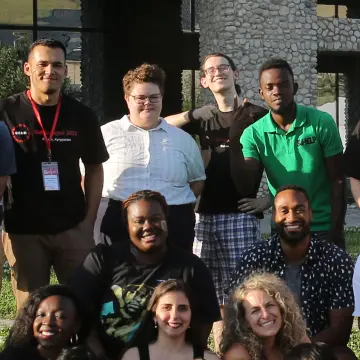
Budapest, Hungary
Get Engaged! Civic Engagement and Social Responsibility
When:
06 July - 10 July 2026
Credits:
2 EC
Read more
Political Science
When:
24 June - 12 July 2024
School:
Institution:
UCL
City:
Country:
Language:
English
Credits:
7.5 EC
Fee:
2585 GBP

The pervasive influence of Donald Trump in the United States, the world’s largest democracy, is a part of a wider pattern of a rise in populism. The populist wave brought an end to the United Kingdom’s four-decade-long participation in the European project with the Brexit referendum in 2016. It also cemented the rise of authoritarian populist parties in Hungary (Fidesz) and Poland (PiS) and propelled the rise of populist movements in countries as diverse as Germany, France, Italy, Holland, and Sweden. Moreover, populism exerts a huge influence in both Latin American and Asian politics. But what is populism? Is it part of a historical trend or is it markedly new? Does populism speak for ‘the people’ or is it a danger to democracy? Is the rise of populism irresistible or can democracies react to this challenge? The course will look at competing ideas of populism before evaluating the causes of the recent growth of populism in Europe and the United States. We analyse explanations which highlight economic causes, cultural backlash, and elite strategies. We will conclude by looking at strategies which liberal democracies might use to respond to populism.
Will Richards
This is a level one module (equivalent to first year undergraduate). No prior subject knowledge is required to study this module but students are expected to have a keen interest in the subject area.
Upon successful completion of this module, students will:
Understand the significance of populism and to be able to evaluate its importance relating to current debates on democracy.
Be familiar with particular cases of populism in the United States and Europe and be able to contrast and evaluate these.
Be prepared to engage with debates concerning populism, nationalism and democracy by examining competing perspectives and formulating their own viewpoints.
Have experience designing relevant research projects, analysing evidence from a range of sources.
Have developed the ability to think critically about the nature and limitations of different forms of evidence, and be able to use this ability to form convincing arguments.
Fee
2585 GBP, There is a built-in tuition fee discount for students studying for 6 weeks (2 modules).
When:
24 June - 12 July 2024
School:
Institution:
UCL
Language:
English
Credits:
7.5 EC

Budapest, Hungary
When:
06 July - 10 July 2026
Credits:
2 EC
Read more

Strasbourg, France
When:
15 June - 26 June 2026
Credits:
0 EC
Read more

Colchester, United Kingdom
When:
16 February - 20 February 2026
Credits:
4 EC
Read more